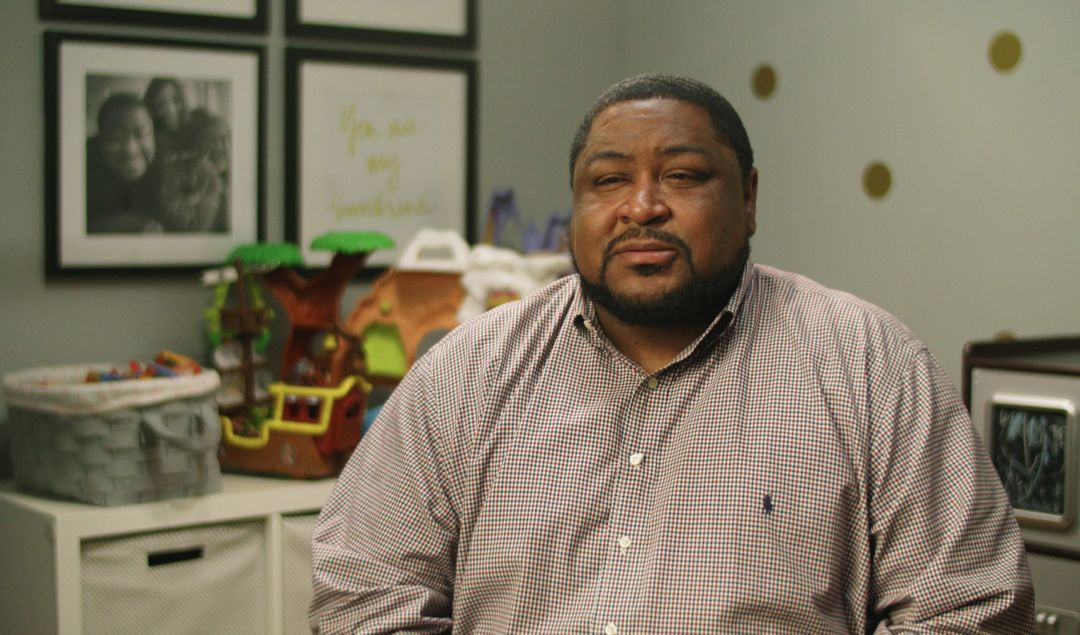But the basketball court spoke the truth about time. It was broken. The scoreboards were cracked, the paint was peeling and the whole frame stooped, as if bent by 19 years of bad luck. It broke my heart to see the court in that state. I had taken it for granted when I lived in Kakuma. Regardless of its shabby state, young people still came to play. I joined them.
Loading
We visited my secondary school the following day, where I first dreamed of becoming a lawyer. Time collapsed as I stepped back into my old school. I had studied with three brilliant Kenyan teachers at Kakuma Secondary School. They had expected the best of me and my fellow students, and their belief in our abilities helped us to believe in ourselves. Our status as refugees was irrelevant.
But then, like now, there were significant challenges. I walked five kilometres every day just to get to school. There weren’t enough textbooks or teachers or toilets. I was always hungry.
Today, kids studying at Kakuma Secondary School face the same challenges. I sat in one of my old classrooms observing Swahili and science lessons. There were 70 students jammed-in and the teacher didn’t have the resources he needed. But the children were marvellous; they were hungry for knowledge and asked wonderful questions.
Unlike in my day, refugees in Kakuma are now asked to pay a small amount to send their children to school. No child is turned away if they can’t pay, but anyone who can contribute is encouraged to do so. More money means more teachers and more textbooks.
I was pleased to see some positive changes. Many more girls are attending and finishing high school compared to my time. It was heartening to meet bright young students, like Ayor from South Sudan, who’s the dux of her year. She told me she wanted to be a lawyer to help girls. We talked about the many challenges that girls face, particularly the domestic responsibilities that devour their time.
I talked to many girls during my visit and noticed their attitudes were different from my cohort. These girls were openly ambitious, wanting to be doctors, lawyers and writers. These girls were ready to learn and lead. These girls had the same talents, dreams and drive that I once had, but it is exceedingly difficult for them to fulfil their potential because of their status as refugees. Some of the challenges they face should be so simple to address. Many teenage girls in Kakuma miss a week of school each month simply because they don’t have sanitary napkins.
There are 98,000 students in the camp studying at dozens of different schools. The schools do not receive any government resources, which means UNHCR and its partners are dependent on the international community for donations to ensure these young people get an education.
My life demonstrates what many refugee stories have shown before, which is that given a small window of opportunity, many people will thrive. No one is self-made. It takes people to make people.







